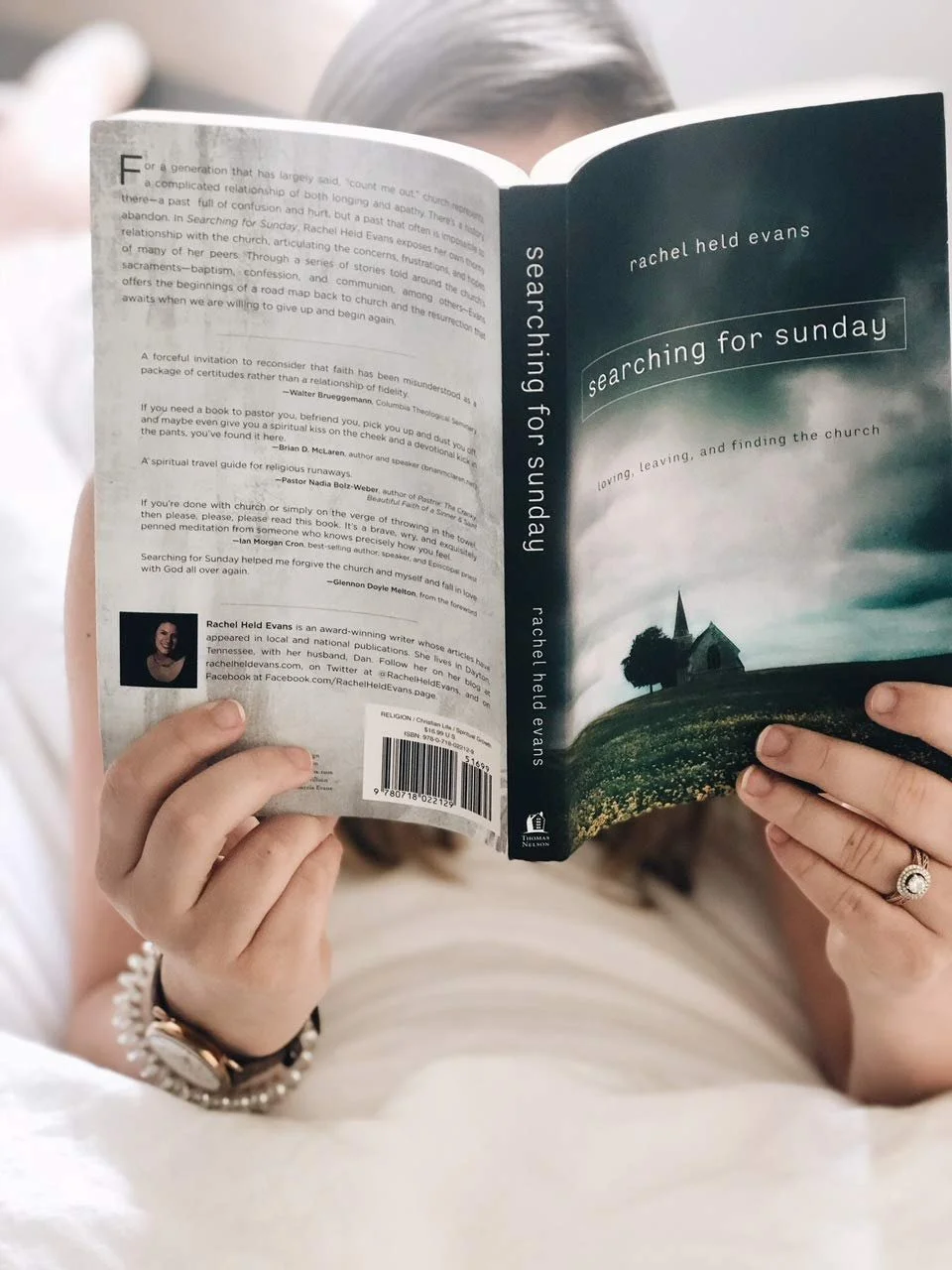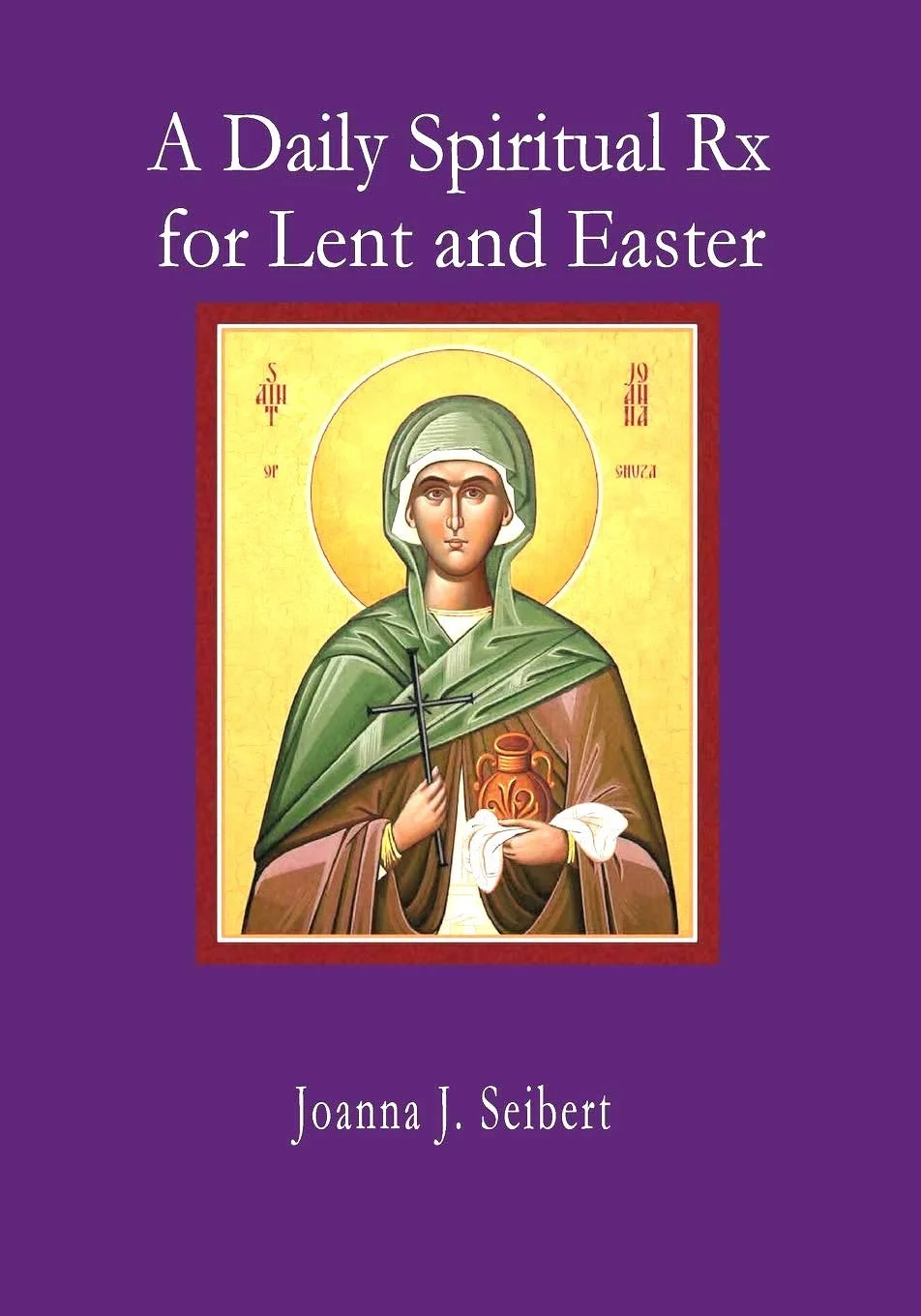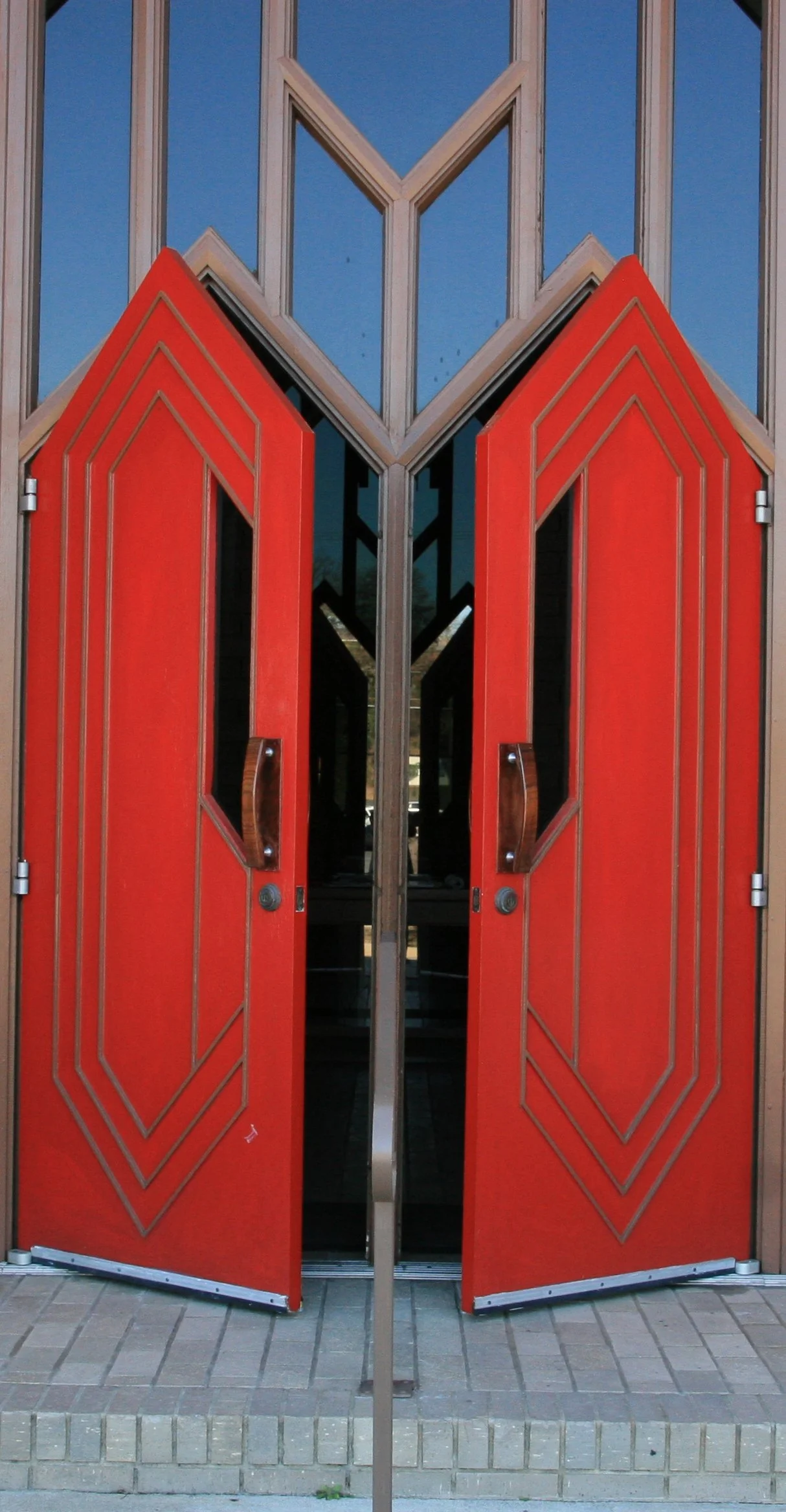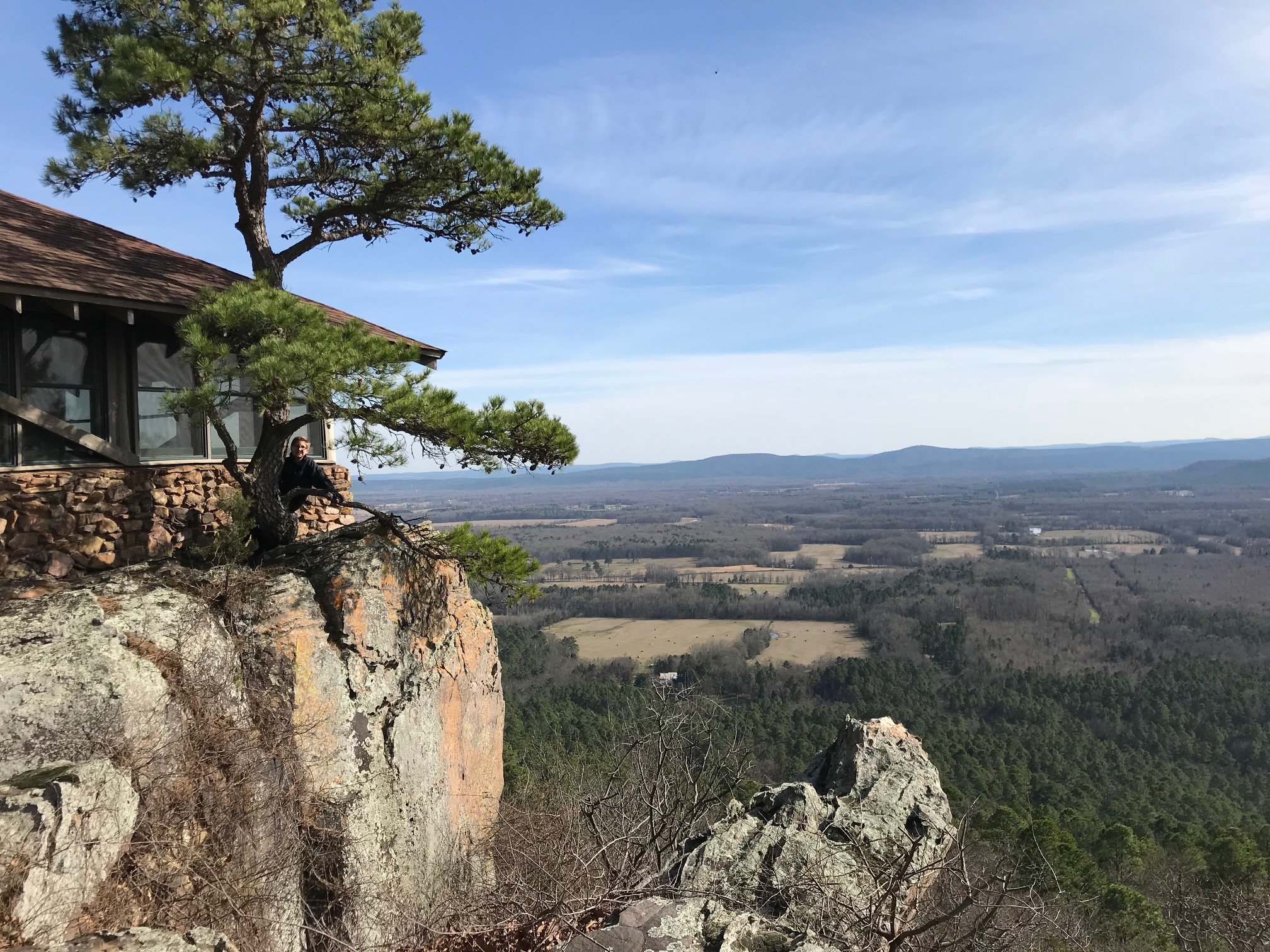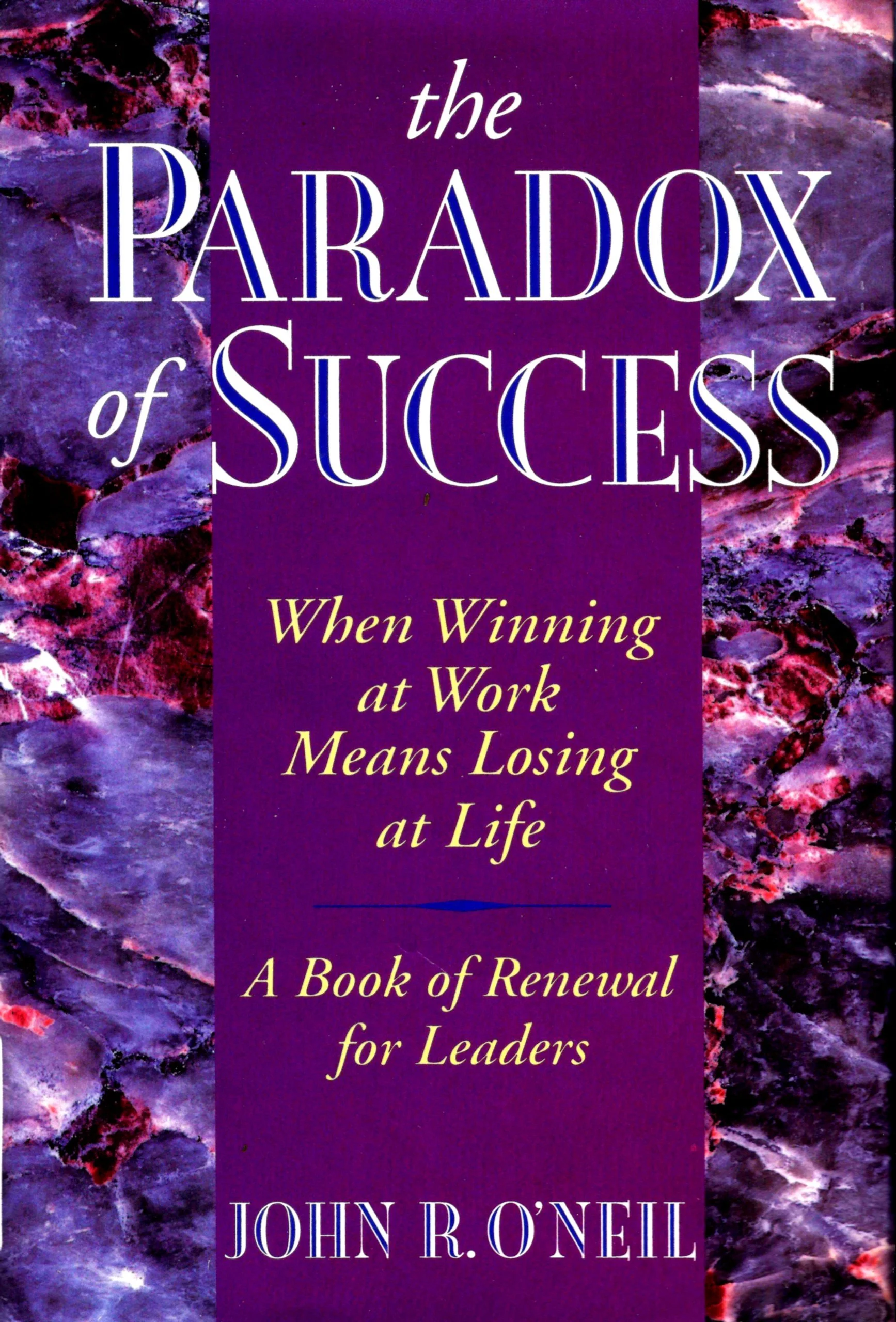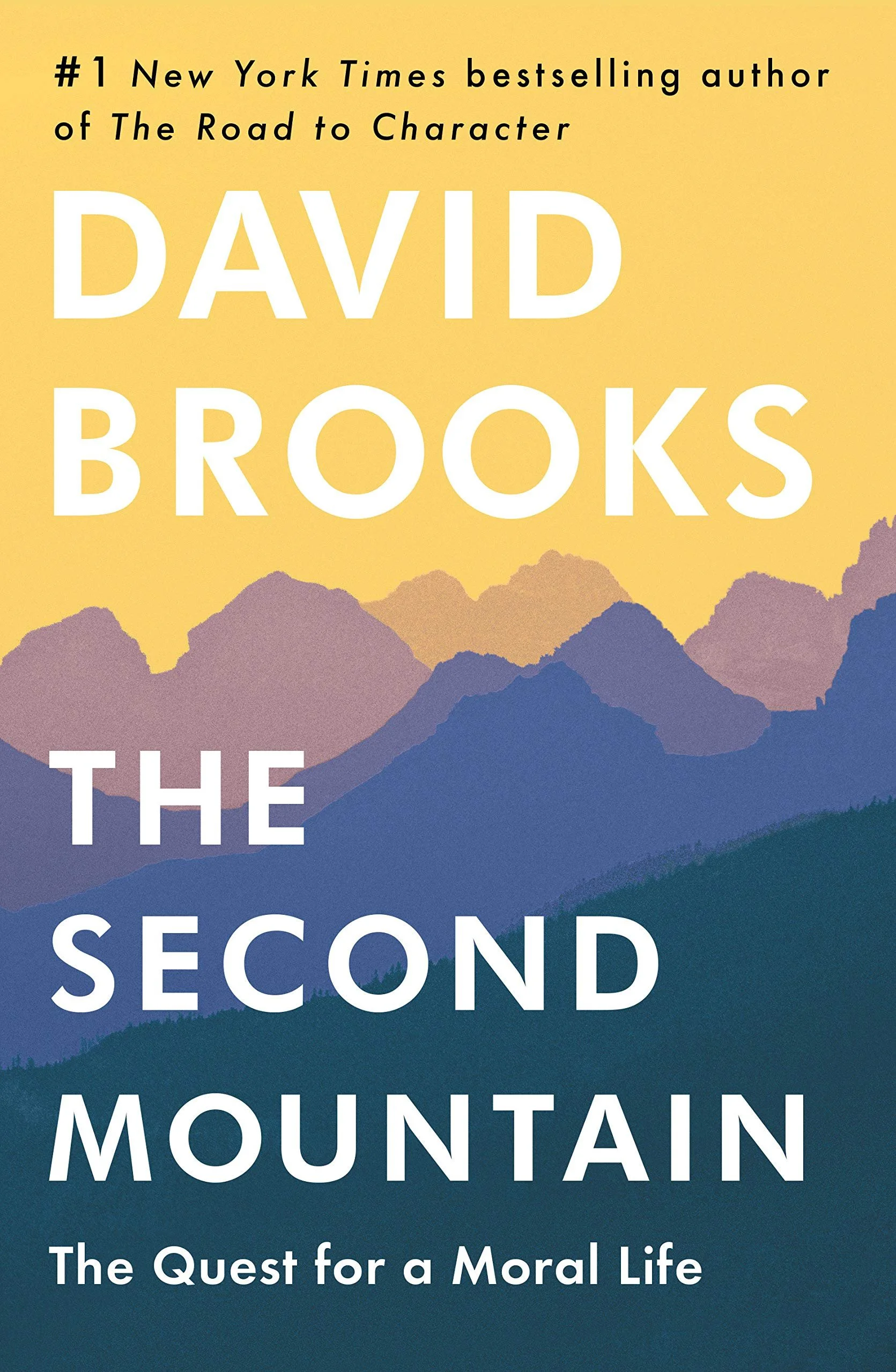Rachel Held Evans: Searching for Sunday
“This is what’s most annoying and beautiful about the windy Spirit and why we so often miss it. It has this habit of showing up in all the wrong places and among all the wrong people, defying our categories and refusing to take direction.”—Rachel Held Evans in Searching for Sunday (Nelson Books 2015), p. 196.
Our world still grieves the death of 37-year-old Rachel Held Evans on May 4th, 2019. She was a spiritual voice for many millennials, their parents, and grandparents. I treasure that we met her on her podcasts, at writing conferences, and at our cathedral in Little Rock, where she was a guest speaker.
Larry Burton recently reviewed her book, Inspired, on this blog about interpreting some of our favorite Bible stories as Rachel wrestles with some of our most significant questions about suffering and doubt.
Today’s writing relates to a quote from Searching for Sunday, where Rachel struggles through the liturgical year, trying to find her faith and a church community as she journeys through the sacraments.
At Pentecost, I will remember that Rachel reminds us that the wind, the Holy Spirit Jesus describes to Nicodemus, goes even to this Pharisee. Nicodemus eventually hears the wind, speaks up for Jesus at his trial, and cares for his body when most of the world abandons him.
Rachel reminds us that the Spirit is both inside and outside the traditional church if we only have eyes to see and feel it.
There is no corner of the world where God has abandoned God’s people, even when it is hard to see God in that place or with that group of people. Rachel reminds us that we will know the Spirit when we know and see the fruit of the Spirit: peace, joy, love, patience, kindness, goodness, faithfulness, gentleness, and self-control.
Today, we may honor Rachel Held Evans as we pray that we may keep looking for God and the fruit of the Spirit in every possible place, as we talk about it in community and write about it as much as possible.
Today, we are reminded of the Spirit so easily seen in all those who cared for the sick during the pandemic, those who care for the dying, those who care for friends with cancer, those caring for the starving in Africa and Gaza, and those caring for children all over the world. Continue to give them strength and courage.
Joanna. https://www.joannaseibert.com/
Bless you for supporting the ministry of our church and conference center, Camp Mitchell, on top of Petit Jean Mountain, by buying this book in the daily series of writings for the liturgical year, A Daily Spiritual Rx for Lent and Easter. If you like this book, could you briefly write a recommendation on its page on Amazon? More thank-yous than I can say!!!
Joanna. joannaseibert.com


